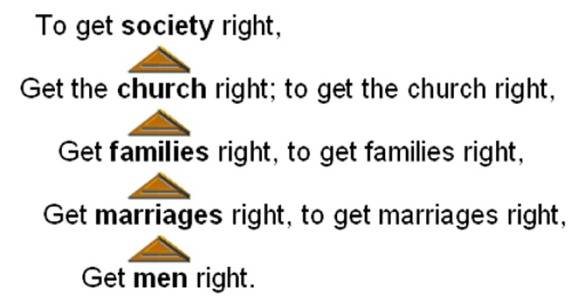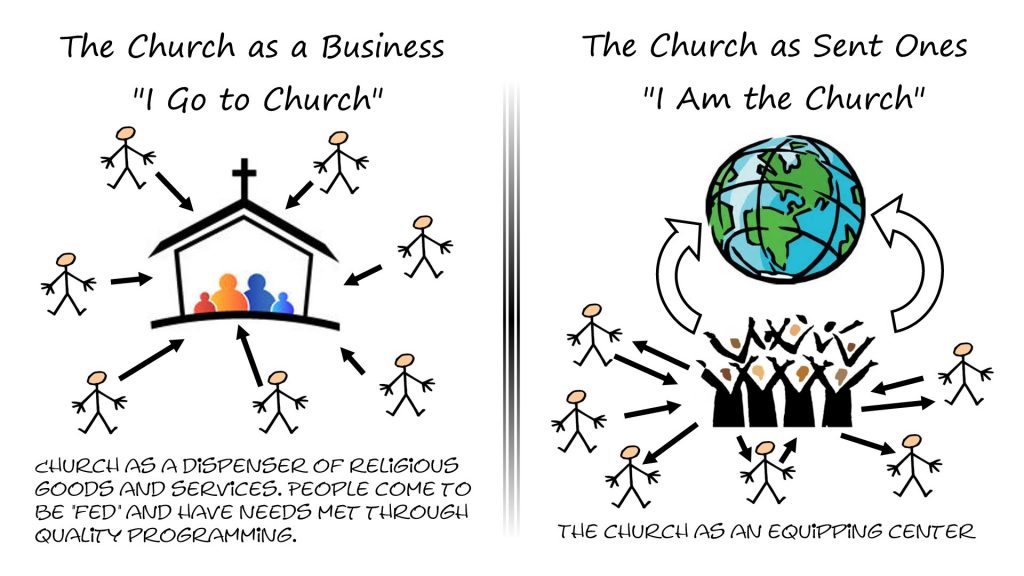At this time of year, it is a good question to ask, “What child is this?”
- Some say He was just a good teacher, but good teachers don’t claim to be God.
- Some say He was merely a good example, but good examples don’t mingle with prostitutes and sinners.
- Some say He was a madman, but madmen don’t speak the way He spoke.
- Some say He was a crazed fanatic, but crazed fanatics don’t draw children to themselves or attract men of intellect like Paul or Luke to be their followers.
- Some say He was a religious phony, but phonies don’t rise from the dead.
- Some say He was only a phantom, but phantoms can’t give their flesh and blood to be crucified.
- Some say He was only a myth, but myths don’t set the calendar for history.
Jesus has been called the ideal man, an example of love, the highest model of religion, the foremost pattern of virtue, the greatest of all men, and the finest teacher who ever lived. All of those descriptions capture elements of His character, but they all fall short of the full truth. The apostle Thomas expressed it perfectly when he saw Jesus after the resurrection, and exclaimed, “My Lord and My God!” (John 20:28).
** Adapted from John MacArthur, in God With Us, the Miracle of Christmas, 1989.
[print_link] [email_link]

